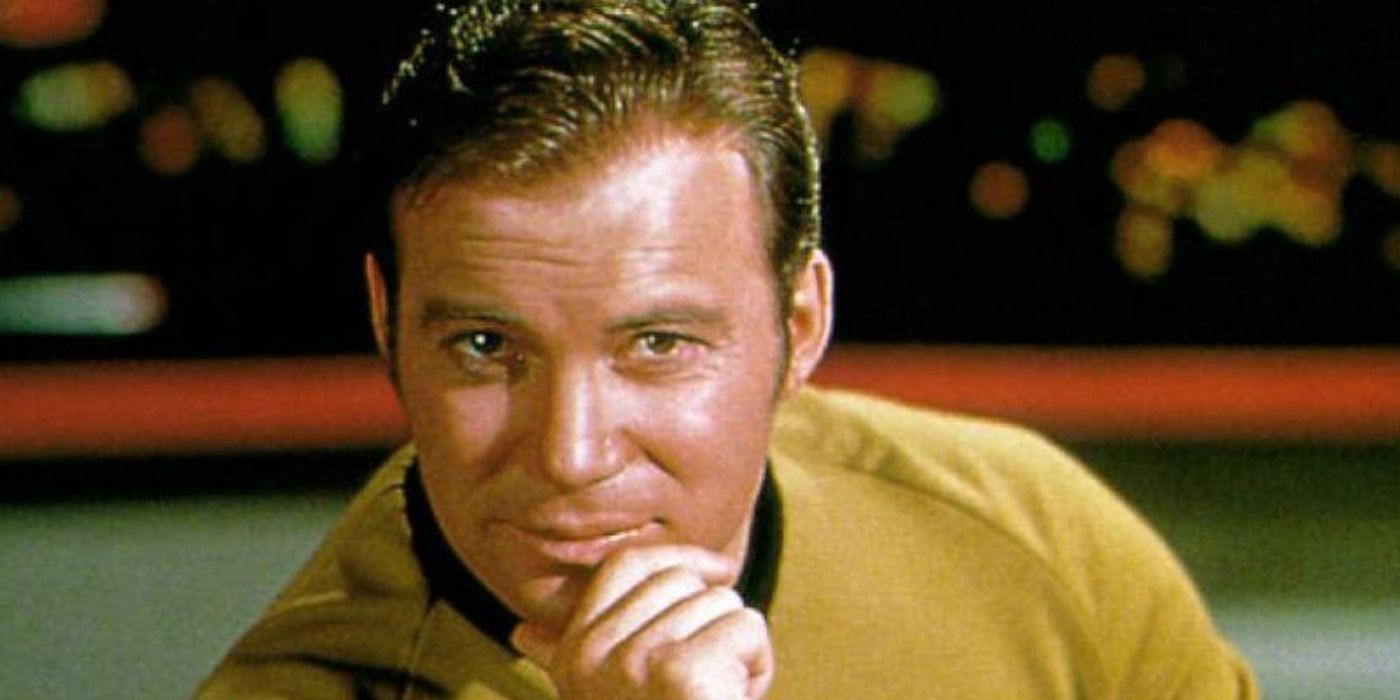What Does William Shatner Think of Star Trek Continues You Tube Channel
William Shatner Doesn't Seem To Understand What Star Trek Is About
Star Trek icon William Shatner reiterated and expanded upon his previous comments that the show was never political and focused only on social issues.
William Shatner doesn't seem to know what Star Trek is about. The actor portrayed Captain James Tiberius Kirk when the series first premiered in the 60's during the Civil Rights era.
Star Trekwas groundbreaking in its portrayal of humanity at the time the show first began airing, showing a diverse main cast that included African-American actress Nichelle Nichols and Japanese-American actor George Takei and women as ranking officers aboard the Starship Enterprise. Although the show premiered during the Civil Rights era, it was still completely revolutionary at the time in the way it approached race, gender, among other societal issues.Star Trek was responsible for television's first interracial kiss between Captain Kirk and Lieutenant Uhura. Uhura actress Nichols revealed in her autobiography that NBC executives were so nervous to show the kiss to Southern audiences that they asked the crew to shoot two versions, one with or without the kiss. Shatner and Nichols kept flubbing the non-kiss scene on purpose so NBC had no choice but to air the version with the kiss.
When a Star Trekfan asked William Shatner for clarification on an earlier Twitter post where the actor statedStar Trek wasn't political, Shatner elaborated his thoughts in a detailed and thoughtful response. Check out the tweet from the original Captain's log below.
While Shatner wasn't necessarily saying thatStar Treknever tackled major issues of the day, his differentiation between political and social issues is a slippery slope of objectivity. Shatner's textbook definition of the meaning of politics may technically be correct, but fans of the series or fans of any television show in general typically view the word "political" on a broader scope. After all, would Martin Luther King Jr. himself have chosen to intervene and respectfully ask Nichols not to quitStar Trekwhen she first wanted to leave if there were no political or social ramifications? (MLK was a huge fan of the show and watched it with his kids.) After all the now iconic Civil Rights activist recognized that Uhura's character was important for America to see, for audiences to see a picture of a world thatStar Trekso elegantly painted where anybody could be somebody regardless of what gender or color you were? Another similar issue that the show would later tackle was LGBTQ representation. George Takei stated that he was simultaneously delighted and disappointed thatStar Trek Beyondwould make Sulu gay. While Takei loved the idea of LGBTQ representation in Star Trek, he also said thatStar Trekcreator Gene Roddenberry never intended to make Sulu gay. As a compromise, Takei suggested they created a new gay character out of respect for Roddenberry's original vision, but that didn't happen.
Shatner clearly didn't intend to make a controversial statement by sayingStar Trek was never political but his thoughts do raise an interesting question. Can television programs separate political and social issues, or are the two so intertwined its simply impossible to discern the two from each other? Does it even matter if the issues are being addressed for audience members to make up their own minds? Star Trekearned its reputation as a groundbreaking piece of television for a reason, and continues to demonstrate the best of what sci-fi can be. A genre that shines a reflective light on society, and exhibits the potential of mankind, where the final frontier is a place where everyone can be free to love and be themselves without fear. A utopia to live long and prosper, as Roddenberry originally intended.
Source: William Shatner
Source: https://screenrant.com/william-shatner-star-trek-political-comments-controversy/

0 Response to "What Does William Shatner Think of Star Trek Continues You Tube Channel"
Post a Comment